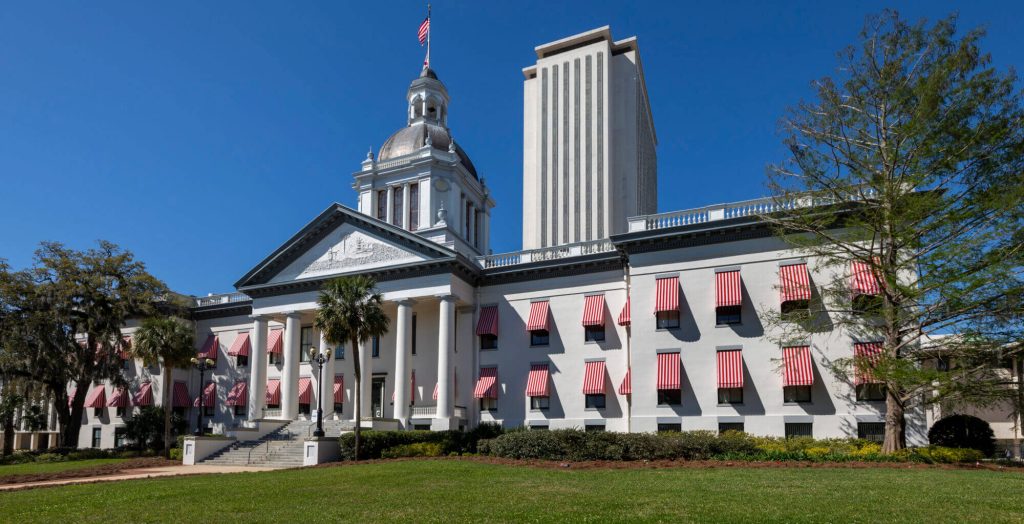As 2024 unfolds, bringing another presidential election into view, the political landscape is brimming with changes, particularly in Congress. This year, a significant number of politicians have announced they will not be seeking reelection, marking a shift in the composition of both the Senate and the House of Representatives.
Shifts in the Senate: New Faces Expected
In the Senate, at least nine new members are anticipated to take office post-2024. This change was initiated by several significant departures. Notably, the seat of Democratic California Senator Diane Feinstein became vacant following her passing in September. Another seat opened up when Republican Nebraska Senator Ben Sasse resigned to assume the presidency at the University of Florida, with Pete Ricketts filling the seat until a special election.
Additionally, Republican Indiana Senator Mike Braun’s decision to run for Governor in Indiana has left another Senate seat up for contention. Alongside these developments, six other Senators have opted for retirement. These include California Senator Laphonza Butler (D), Maryland Senator Ben Cardin (D), Delaware Senator Tom Carper (D), West Virginia Senator Joe Manchin (D), Utah Senator Mitt Romney (R), and Michigan Senator Debbie Stabenow (D).
With 33 Senate seats in play for 2024 – 20 held by Democrats, 10 by Republicans, and three by others aligning with Democrats – the Senate’s balance could see significant shifts. The current standing of 49 Republican and 48 Democrat seats, with three Independents aligning with Democrats, may undergo a transformation post-elections.
House of Representatives: Numerous Departures
The House of Representatives is experiencing its share of transitions, with 40 members not seeking reelection. Among these, seven have vacated their positions prematurely. California Representative Kevin McCarthy resigned after losing the Speaker of the House role, and New York Representative George Santos was expelled from the chamber.
The remaining 33 members choosing not to run again include 18 retiring from public office (10 Democrats) and 11 running for Senate seats (nine Democrats). Four others are pursuing different offices, such as Virginia Representative Abigail Spanberger (D) running for Governor, along with Dean Phillips (D) of Minnesota, Jeff Jackson (D) of North Carolina, and Dan Bishop (R) of North Carolina.
All 435 House seats will be contested, but the focus remains on those not seeking reelection. The Republican majority of 221-213, with one vacant seat, could see changes depending on the outcomes of these elections.
